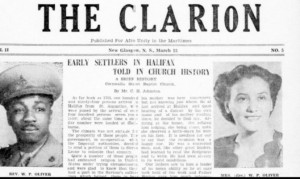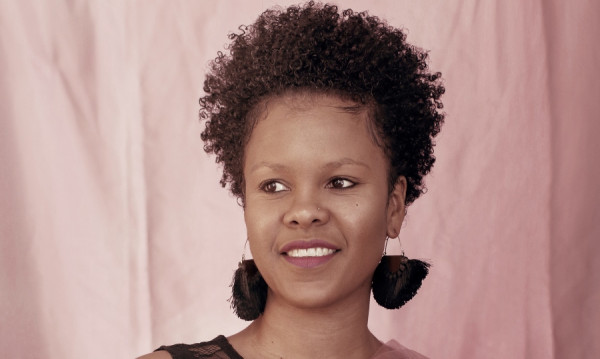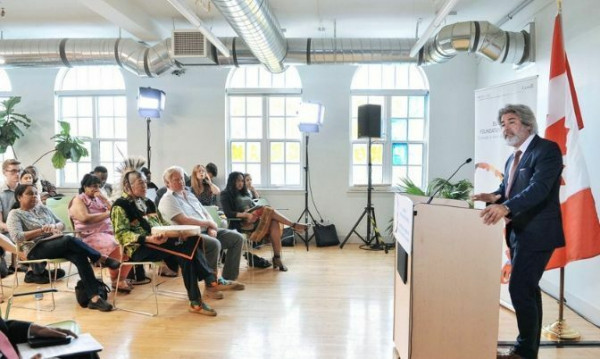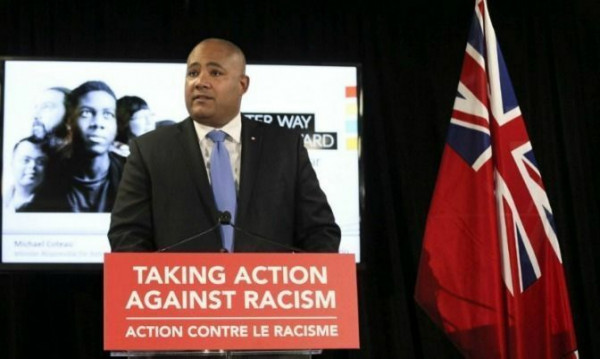He handed the clerk his Canadian passport, but that didn't stop her from demanding to know his immigration status.
"'Where are you from? What's your status?' and she had my Canadian passport right in her hand,'" recalls Ogban, who is Black.
Unpleasant, but not entirely surprising for the social worker who says when "racism flies like a bird, I catch it."
The 39-year-old is heading up the new Hamilton Anti-Racism Resource Centre, a collaboration between the city, McMaster University and the Hamilton Centre for Civic Inclusion.
The centre's official launch April 4 comes after a 14-year preamble with city council last deferring a decision to create it in 2014. It was approved in 2015 as a three-year pilot project.
He didn't get into any of this with the Service Ontario clerk, Ogban recalls, seated behind a desk, next to a massive image of Nelson Mandela, in his downtown office.
But the ordeal continued. When he produced a lease agreement for his new place in Hamilton, the clerk wouldn't accept it because he'd signed it electronically rather than by hand.
"So I just walked out."
Thirty minutes later, he walked back in. This time, a different clerk, white like the last one, signed him up "without a problem."
"So you've got two different people that work in the same place: that one person, and the next person I met was very pleasant." This is not an uncommon experience for racialized people, Ogban says.
From his office at 140 King St. E. in Effort Square, he'll help those who have faced racial discrimination, harassment and violence.
Ogban's job as anti-racism lead is to listen and offer advice, referring people to other services, such as legal aid or the human rights tribunal.
McMaster professor Ameil Joseph is working with Ogban to create a clearer picture of racism in Hamilton. Joseph will analyze data from the stories Ogban hears to look for systemic patterns.
Ogban, who is from Nigeria, draws on a wealth of experience. In his homeland, he worked with nonprofits on the front lines of the HIV-AIDS pandemic. Those with the virus faced considerable stigma. "Like if one spouse is positive, and the other is negative, churches would not marry them."
When he came to Canada in 2006, he wanted to work in a similar field, so he studied social work at Dalhousie University in Halifax, later earning his master's at the University of Waterloo.
In Nova Scotia, he worked on projects in predominantly black communities, which led him into the anti-racism field. He has worked in the fields of education, health and social services.
Ogban argues a major obstacle to eliminating discrimination is a lack of diversity in the halls of power.
"When people start speaking out against something from above, people tend to listen to them more because they command more power."
Anti-Racism Resource Centre
The ARRC is a collaboration between McMaster University, the city and the Hamilton Centre for Civic Inclusion.
Princewill Ogban works out of an office at 140 King St. E., Unit 20. He can be reached at 905-297-4694, ext. 203 and This email address is being protected from spambots. You need JavaScript enabled to view it.
This article was originally published in the Hamilton Spectator, written by Teviah Moro. Photo credit: Barry Gray.
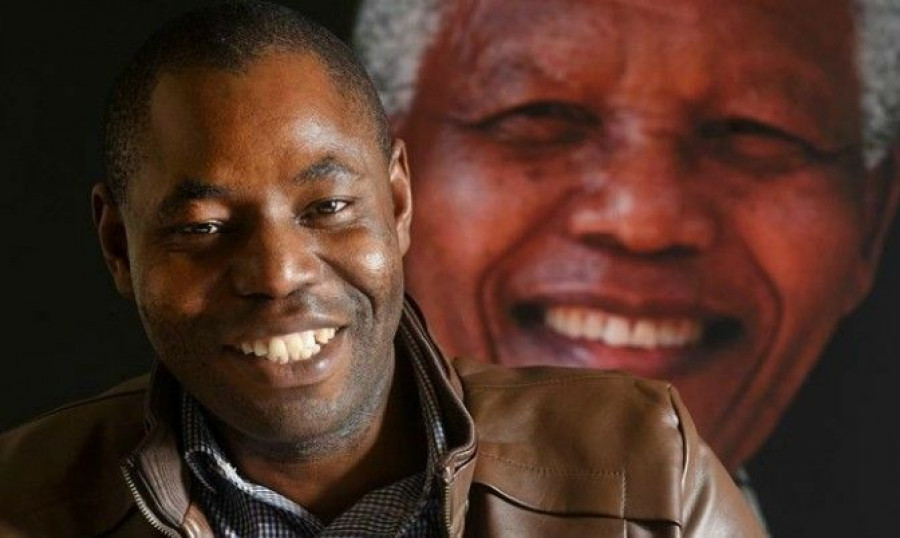
 By
By 





